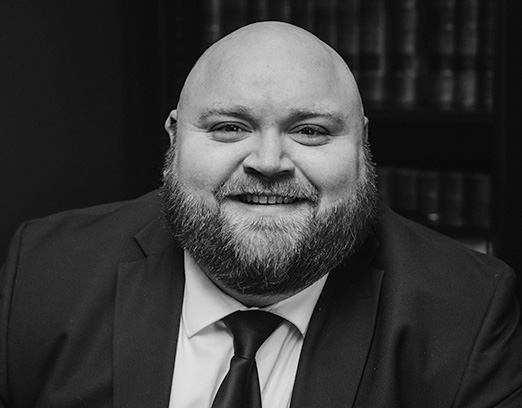Meet Your Attorney Chase Cripe
A native Hoosier, Attorney Chase D. Cripe graduated from Indiana University with a degree in political science and minors in business, criminal justice, and Spanish before moving to Wisconsin and attending Marquette Law School. It was there that Chase – by accident – discovered his passion for family law. From then on, he has dedicated himself to the practice and serving clients throughout southern and central Wisconsin.
Whether dealing with issues related to child custody/placement, property division, maintenance, or any other aspect of family law, Chase is dedicated to protecting his clients' rights and interests. His strong advocacy skill and understanding of the broader context help create a strategic vision that encompasses not only the legal intricacies but also the holistic needs and long-term goals of his clients.




